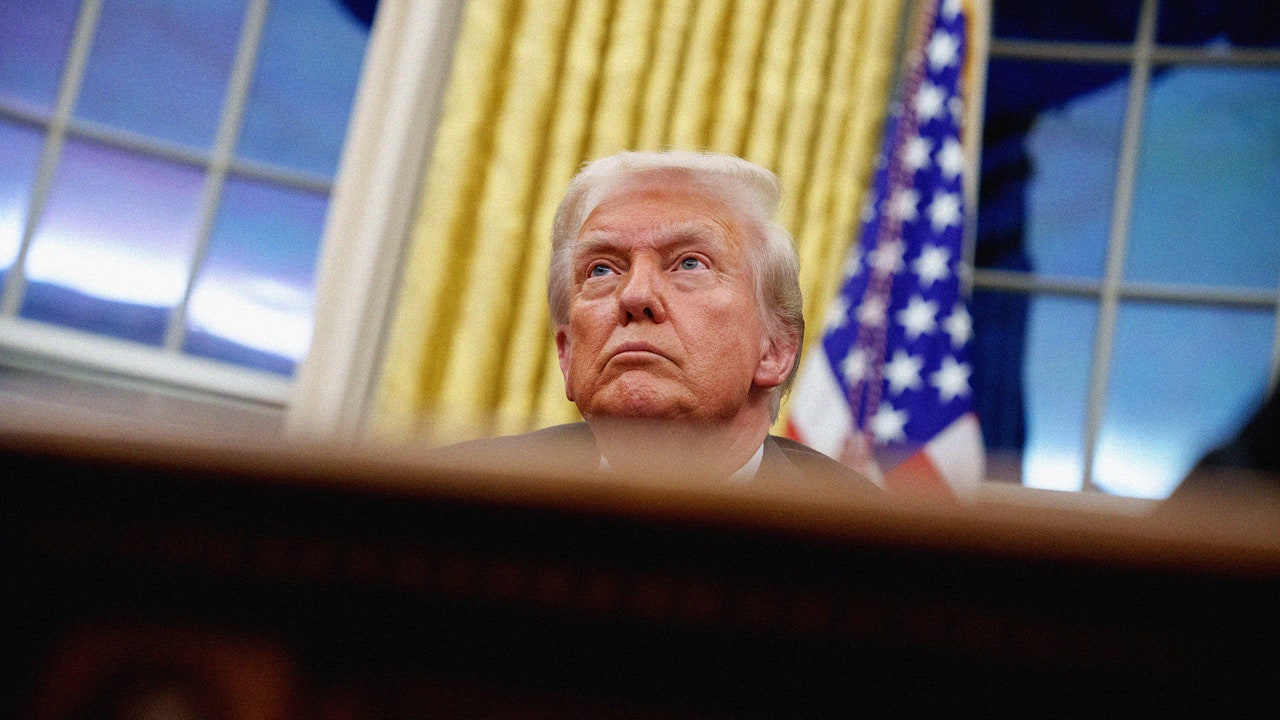Most book dedications are forgettable. But Sarah Jones has written one that isn’t simply memorable, but is a ringing statement about the importance of memory: “For the dead, and everyone they left behind.”
The New York magazine writer first channeled a “howl of outrage,” she tells me, into an essay in late 2020, about the loss of her grandfather to COVID-19 and how the health care system failed him. She then spent four years broadening her personal pain into a wide-ranging exploration of the pernicious economic and political forces that left millions of Americans so vulnerable to the pandemic.
The result is her new book, Disposable: America’s Contempt for the Underclass, which mixes wrenching profiles—like that of Terence and Ebony James, public school teachers in Fresno, Texas, who find themselves hospitalized with COVID at the same time (one survives, the other does not)—with a searing case for how capitalism’s prioritization of profit drives systemic inequality and dehumanizes the poor.
Jones’s book arrives at the perfect time, in a perverse sense: Donald Trump campaigned, yet again, on standing up for the working class. But now, as president, he’s pushing to slash vital domestic safety net programs like Medicaid and to deplete Social Security’s trust funds, while cutting taxes for the wealthy. “Trump is a triumph for the ruling class,” Jones tells Vanity Fair. “So I really take issue with the notion that this is Trump’s country. If you’re a person who wants to oppose what he’s trying to do, you can’t afford to think that way.”
Vanity Fair: Your book is hard to read. And I mean that as a compliment. Because you depict a series of hardworking, compelling Americans, many of whom end up dying from COVID-19. It’s one gut punch after another for the reader. Was reporting and writing this book hard on you emotionally?
Sarah Jones: It was and it wasn’t. One of the big catalysts for writing the book was the death of my grandfather from COVID, so that was always kind of hanging over this project. So, “cathartic,” I don’t think that’s quite the right word, but to have that in common with so many of the people who spoke to me about their loved ones, it was kind of a relief to share our stories. At the same time, it was difficult because I was just thinking about death all the time.
Your grandfather cycled in and out of emergency rooms and short-term rehab facilities, in part because of insurance coverage issues with UnitedHealthcare, a company you describe as “one more predator competing for his time and money.” Three months after you finished writing, Luigi Mangione allegedly shot and killed the CEO of UHC. When you heard the news, did you feel prescient, queasy, or something else?
I think “queasy” is a good way of putting it. I felt like there was a sense of inevitability about the whole thing. And I don’t say that to justify what [Mangione allegedly] did by any means. I just mean the health care system is so dysfunctional, and so many people are suffering as a result of that dysfunctionality. You combine that with the prevalence of guns and violence in America, and it just seemed like eventually someone was going to take matters into their own hands. And unfortunately, that seems to be what happened in the case of Luigi Mangione. It was shocking, but it wasn’t hugely surprising. I thought back to conversations I’d had with my husband, with friends, and really anyone who was familiar with my own family’s health care struggles or who might be having struggles of their own, years ago—that it’s kind of amazing no one’s done this to a health care CEO yet.
